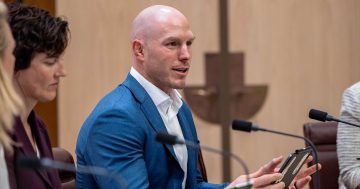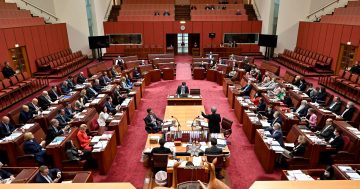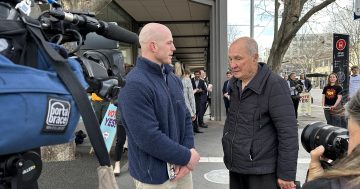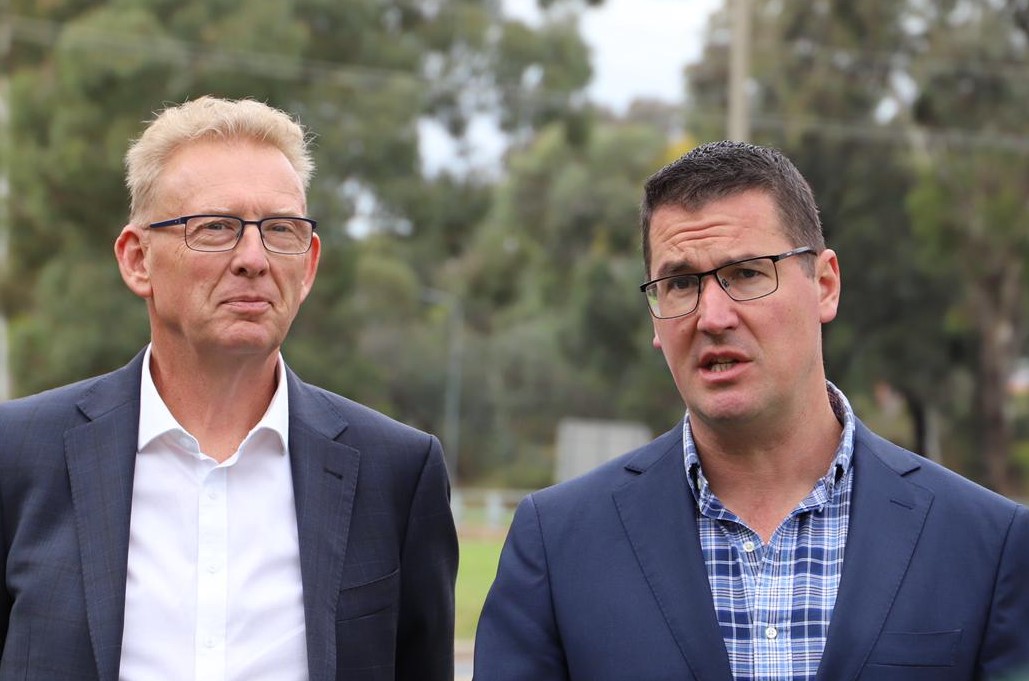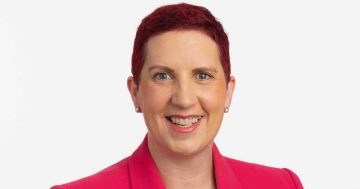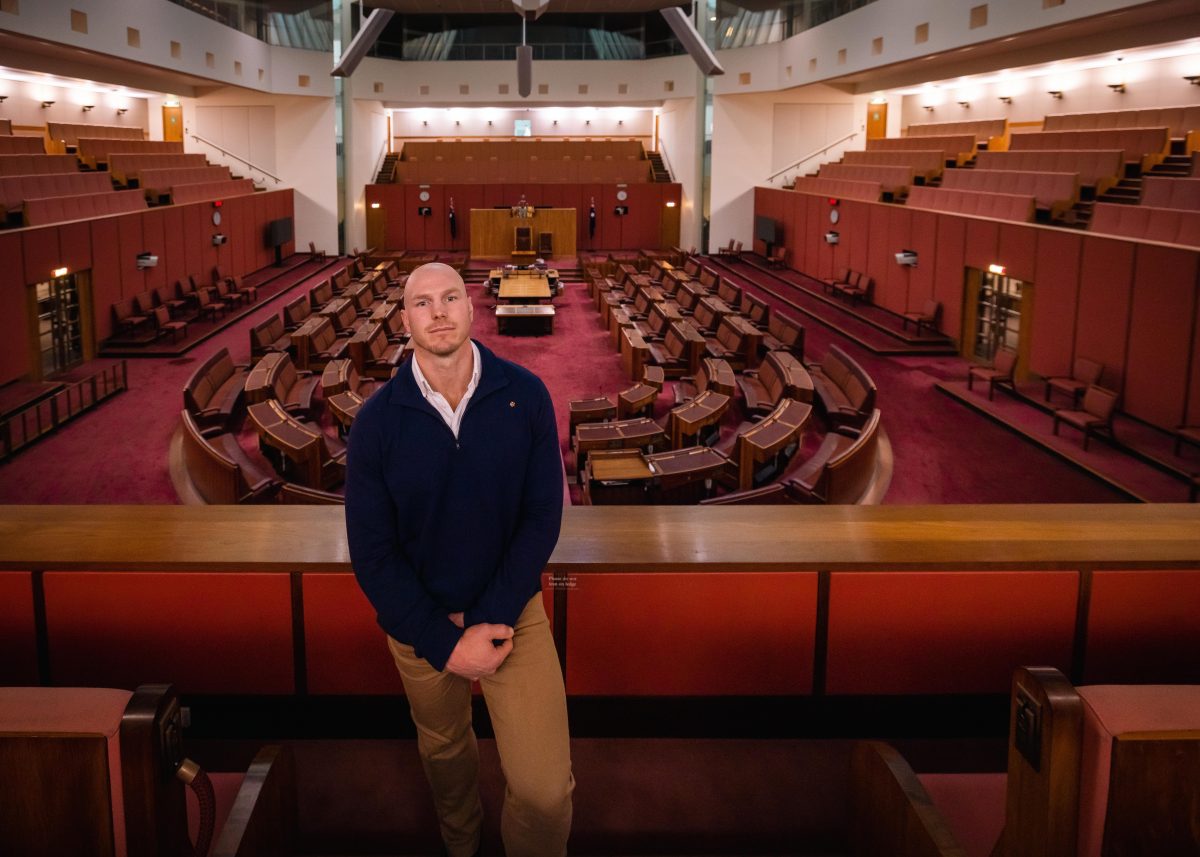
Senator David Pocock in the Senate chamber: “The whole basis for determining the number of Senators to represent the ACT and the NT should be reconsidered.” Photo: Lincoln Magee.
The ACT should have triple the number of Senators it currently elects, according to ACT Independent Senator David Pocock.
Senator Pocock, who made history by depriving the Liberal Party of representation in the Senate for the first time by ousting Zed Seselja, has argued the case for four more senators in a submission to the parliamentary inquiry into the May federal election.
He is also calling for terms to be increased to six years in line with the states.
Senator Pocock says granting two senators to the ACT and Northern Territory in 1975 was a political decision not based on any real notion of democratic representation.
“It did ensure that the two Territories were represented in each party room, but not in anywhere near the levels of other small jurisdictions,” he says.
“The debate did not seek to answer the question: what is a baseline level of democracy that is appropriate for small (non-Original State) jurisdictions? What is the balance between Federalism and representative democracy?”
Since then, the ACT’s population has doubled, the number of state senators has increased from 10 to 12, and the ACT is under-represented in the Senate compared to the two smallest states of Tasmania and South Australia.
“The whole basis for determining the number of Senators to represent the ACT and the NT should be reconsidered,” he says.
Senator Pocock proposes that the number of territory senators be maintained at a level that is more than one-third but less than two-thirds of the number of state senators.
“This maintains a level of flexibility between state and territory numbers while ensuring a base level of representation for the Territories,” he says.
Senator Pocock says the ACT should elect three senators each half-term election, reducing the quota from 33 per cent to 25 per cent of the vote, still a high bar but achievable for an Independent or small party.
This would have resulted in Mr Seselja retaining his seat, as well as Senator Pocock being elected.
“I believe strongly in a diversity of views and lived experiences in Parliament and think that any efforts to reduce barriers to entry, including lowering the quota in the territories, can only be a positive thing,” Senator Pocock says.
But if a party or group received 51 per cent of the vote they would receive two out of the three seats available, a more democratic outcome with representatives in the Senate better-reflecting voter intentions, he says.
Senator Pocock also wants to see reforms to political donations and truth in political advertising laws.
He calls for caps on political donations, that they be disclosed within five days, the current threshold of $14,5000 be significantly reduced and the definition of a gift be reviewed.
Senator Pocock also backs campaign spending caps, increased public funding of parties and candidates and the establishment of an independent expert panel to oversee and assess government advertising campaigns.
He calls for an independent arbiter, but not the Australian Electoral Commission, to decide truth in political advertising disputes, warning that asking the AEC to rule on such matters could undermine its impartiality.
“It is perfectly legal to lie in political advertising in Australian federal elections,” says Senator Pocock, who was the subject of attacks during the campaign that he describes as negative and misleading.
“Regulating truth in political advertising will always be a challenging balancing exercise.
“We must ensure that misinformation does not undermine the integrity of our elections while continuing to uphold the freedom of political communication.”













